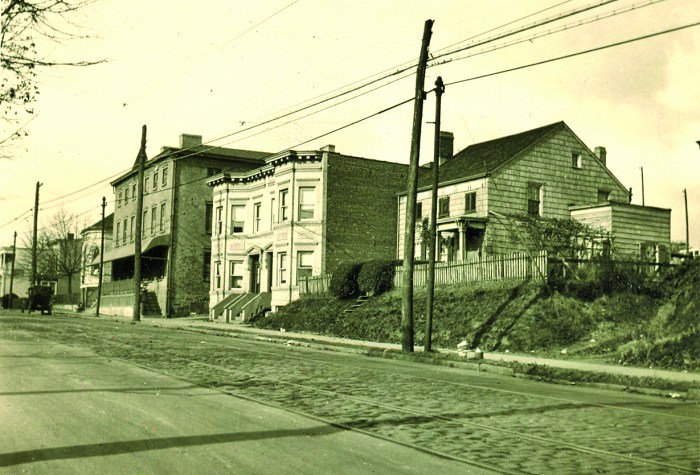Esi Edugyan’s new novel, “Washington Black,” can’t seem to make up its mind. It is a fantastical 19th-century adventure, traveling from the Caribbean to the frozen arctic to the Moroccan desert, via air, sea and land. But it is also a meditation on the difficulty of attaining true freedom after breaking the bonds of slavery.
Early on these two aims work in concert, making for enjoyable and thoughtful passages, despite some rather stodgy 1830s dialogue. But soon the genres start to clash, creating discordant transitions when the escapism shifts to residual matters of life-or-death.
The book, which is longlisted for the Man Booker Prize in the U.K., opens in Barbados, where Wash is an 11-year-old slave. Edugyan excels at capturing the horrors of the plantation, leaning into the brutality so forcefully that when the slave master’s brother, Christopher Wilde, picks Wash to help with an experimental dirigible, it is hard to feel anything other than terror for him.
Once Wash and Wilde leave the plantation, it seems the story will continue in the vein of Colson Whitehead’s masterful 2016 novel, “The Underground Railroad,” with Wash constantly looking over his shoulder as his past follows him. But he instead embarks on such bizarre escapades that the pursuit, such as it is, gets forgotten for stretches.
Wash encounters an eclectic cast of supporting characters, none of whom are well-developed, making him the only sympathetic character in the book. He discovers a gift for drawing, but then stretches the bounds of precocious youth into the realm of improbable congenital genius.
If you remain caught up in the adventure, “Washington Black” almost takes on the feel of fantasy. But if you overthink it, the spell is easily broken.































